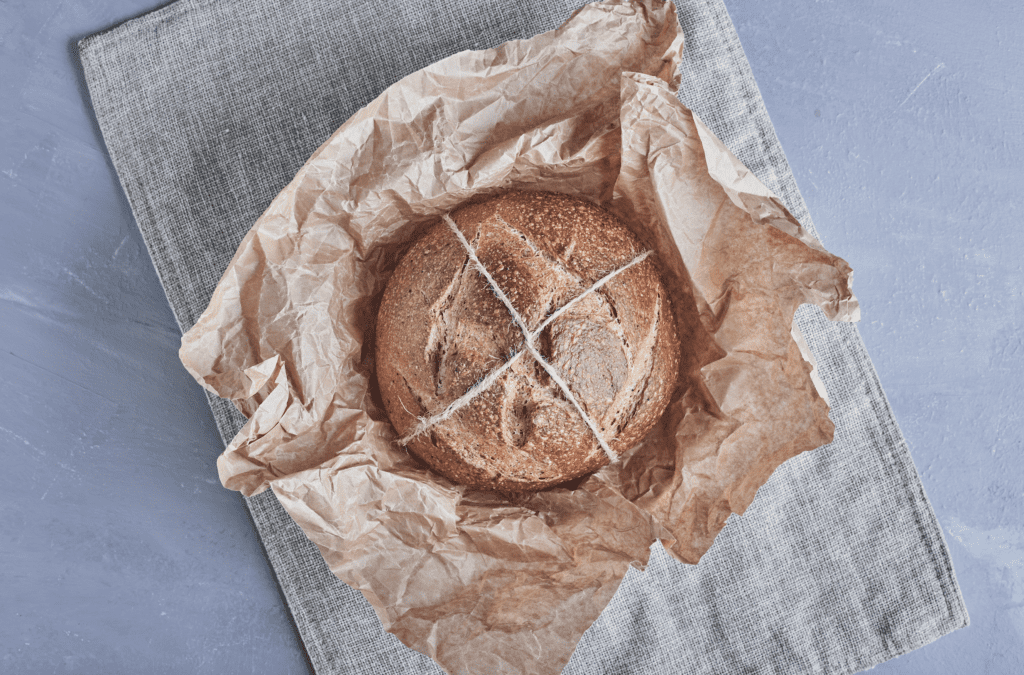In a world brimming with artisan breads, sourdough holds a revered place. However, not all loaves labelled as “sourdough” are genuine. This comprehensive guide is dedicated to unearthing the truth about fake sourdough bread – how to identify it, why it falls short of real sourdough, and how to make informed choices in your pursuit of authentic sourdough.
What is Fake Sourdough Bread?
Definition and Composition: Fake sourdough bread, often masquerading as the real thing, is typically made using commercial yeast and additives to mimic the flavor and texture of traditional sourdough. Unlike authentic sourdough, which relies on a natural starter comprising wild yeast and lactic acid bacteria, fake sourdough shortcuts the fermentation process.
Production Techniques: The production of fake sourdough involves rapid processing methods. These loaves lack the lengthy fermentation period essential for developing the characteristic sourdough taste and texture.
Spotting Fake Sourdough
Visual Cues: True sourdough has a distinctive appearance. Look for a more rustic, irregular shape, a well-browned crust, and a less uniform crumb structure. In contrast, fake sourdough often appears too perfect or uniform.
Label Reading: Ingredients are telling. Real sourdough contains minimal ingredients – flour, water, salt, and starter culture. If the label lists commercial yeast, dough conditioners, or preservatives, it’s a sign of faux sourdough.
Ask the Baker: When in doubt, direct inquiries to the baker. Authentic sourdough bakers take pride in their craft and are usually eager to discuss their methods and ingredients.
Why Fake Sourdough Isn’t Real Sourdough
Health Benefits: Genuine sourdough fermentation offers health benefits, including improved digestibility and a lower glycemic index. The rapid production of fake sourdough skips these benefits.
Taste and Texture: The complex flavors and textures of real sourdough, developed over long fermentation, are absent in their counterfeit counterparts.
Cultural Authenticity: Sourdough has a rich history and cultural significance. Fake sourdough undermines this tradition, offering a superficial experience.
Empowering Your Sourdough Choices
Local Bakeries and Artisans: Support local bakeries that specialize in traditional sourdough. Their expertise often guarantees authenticity.
DIY Approach: Consider baking your own sourdough. It’s a rewarding process that connects you directly to the craft.
Community Learning: Join sourdough communities, either locally or online, to learn more about authentic sourdough and share experiences.
Navigating the world of sourdough can be complex, but understanding the nuances between real and fake sourdough is crucial. Armed with knowledge and discernment, you can enjoy the rich, authentic flavors of true sourdough, all while supporting genuine baking traditions.





















